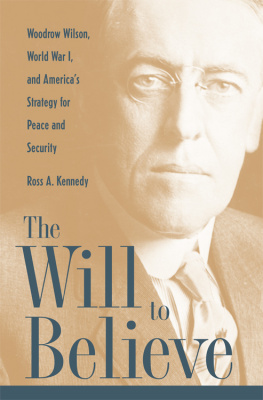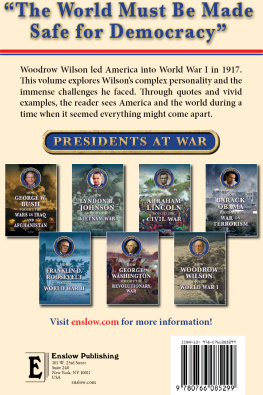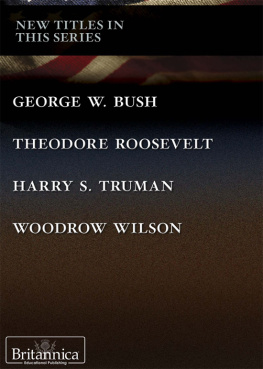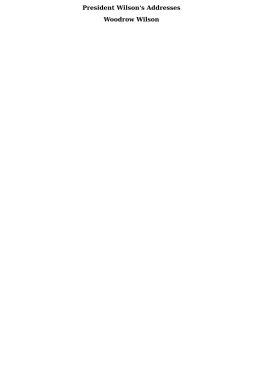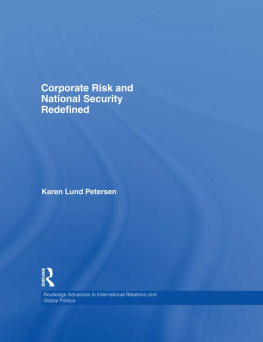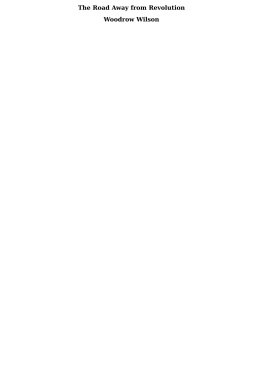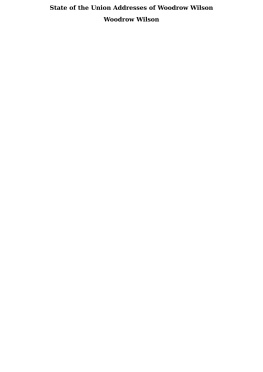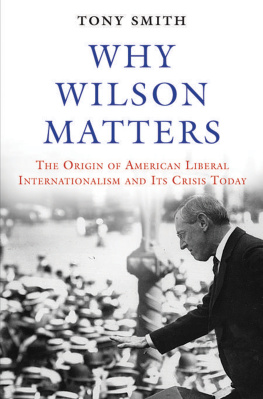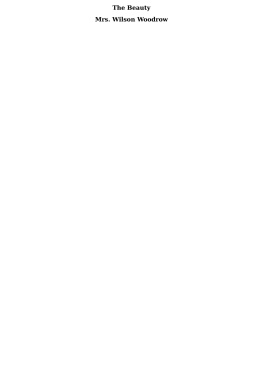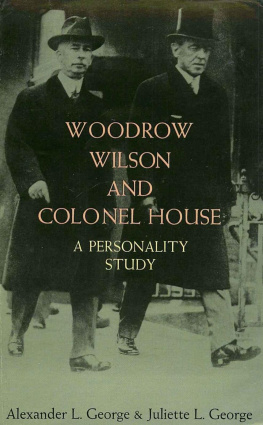Ross Kennedy - The Will to Believe: Woodrow Wilson, World War I, and Americas Strategy for Peace and Security
Here you can read online Ross Kennedy - The Will to Believe: Woodrow Wilson, World War I, and Americas Strategy for Peace and Security full text of the book (entire story) in english for free. Download pdf and epub, get meaning, cover and reviews about this ebook. year: 2009, publisher: The Kent State University Press, genre: Politics. Description of the work, (preface) as well as reviews are available. Best literature library LitArk.com created for fans of good reading and offers a wide selection of genres:
Romance novel
Science fiction
Adventure
Detective
Science
History
Home and family
Prose
Art
Politics
Computer
Non-fiction
Religion
Business
Children
Humor
Choose a favorite category and find really read worthwhile books. Enjoy immersion in the world of imagination, feel the emotions of the characters or learn something new for yourself, make an fascinating discovery.
- Book:The Will to Believe: Woodrow Wilson, World War I, and Americas Strategy for Peace and Security
- Author:
- Publisher:The Kent State University Press
- Genre:
- Year:2009
- Rating:5 / 5
- Favourites:Add to favourites
- Your mark:
The Will to Believe: Woodrow Wilson, World War I, and Americas Strategy for Peace and Security: summary, description and annotation
We offer to read an annotation, description, summary or preface (depends on what the author of the book "The Will to Believe: Woodrow Wilson, World War I, and Americas Strategy for Peace and Security" wrote himself). If you haven't found the necessary information about the book — write in the comments, we will try to find it.
A fresh analysis of Woodrow Wilsons national security strategy during World War I
By addressing all sides of the American debate on national security questions, and by showing both the complexity and the nuance that characterized that debate, The Will to Believe fills a major gap in the literature on both World War I and all things Wilsonian.
Mary Ann Heiss, series editor, New Studies in U.S. Foreign Relations Series
In many ways, Woodrow Wilson and the era of World War I cast a deeper shadow over contemporary foreign policy debates than more recent events, such as the Cold War. More so than after World War II, Wilson and his contemporaries engaged in a wide-ranging debate about the fundamental character of American national security in the modern world. The Will to Believe is the first book that examines that debate in full, offering a detailed analysis of how U.S. political leaders and opinion makers conceptualized and pursued national security from 1914 to 1920.
Based on extensive research gleaned from public documents, presidential papers, and periodicals, The Will to Believe departs significantly from existing scholarship, which tends to examine only Wilson or his critics. This is the first study of Americas approach to the war, which examines all major U.S. perspectives from across the political spectrum and analyzes Wilsons security strategy from the beginning of U.S. neutrality through the end of his presidency. During World War I there was no consensus among Wilson and his contemporaries on such fundamental issues as the nature of the international system, the impact of security policies on domestic freedom, the value of alliances and multinational organizations, and the relationship between democracy and peace. Historian Ross A. Kennedy focuses on how three competing groupspacifists, liberal internationalists, and Atlanticistsaddressed these and other national security issues.
Ross Kennedy: author's other books
Who wrote The Will to Believe: Woodrow Wilson, World War I, and Americas Strategy for Peace and Security? Find out the surname, the name of the author of the book and a list of all author's works by series.

